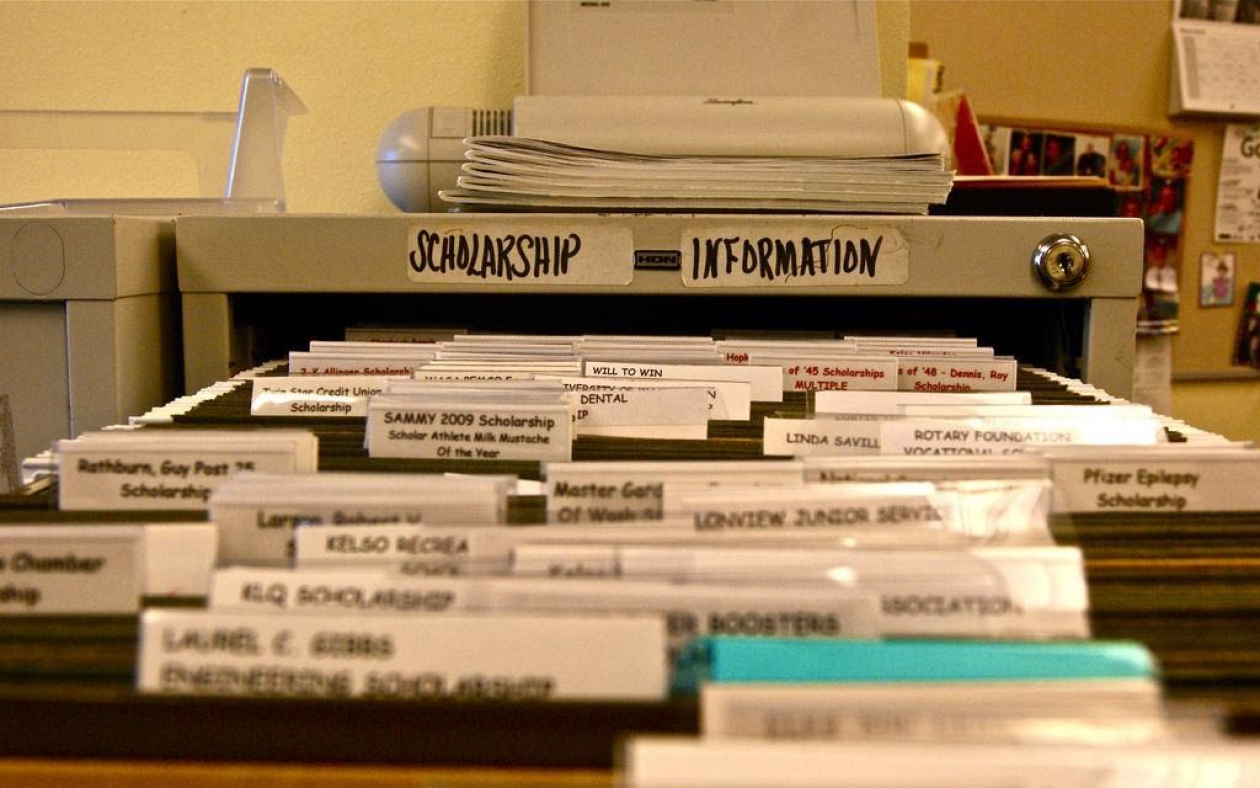 © kylebaker - Flickr, CC by 2.0
© kylebaker - Flickr, CC by 2.0
Find and get that scholarship!
Last updated on Monday, 04/01/2021
Would you like to enjoy student life in another country but are afraid it will cost you a fortune? Read on to find out how you can track down a scholarship and start the next academic year in the country of your dreams.
Tuition fees in Europe
Higher education tuition fees vary greatly from one country to another in the European Union (EU). However, it’s good to know that tuition fees are, as a whole, lower than in other continents and there are many scholarship opportunities to be found.
The first thing is to evaluate the costs of your studies abroad. Each year, the Eurydice network publishes a review of both student fees and support systems (including grants and loans) in European Higher Education (check the topic “fees” under their comparative reports).
You can also check websites such as StudyinEurope, Study.EU, or directly on national higher education information portals and on the website of the institution where you consider studying.
Find scholarships
Interested in widening your student experience to countries outside Europe? I’m sure you’ve heard about Erasmus+! This EU programme offers higher education students a grant to do a study period abroad in over 34 countries. Check how to get started in this article.
Erasmus+ also offers EU funded scholarships for various master's and doctorate programmes (Erasmus Mundus joint master’s degrees). Check the Commission’s catalogue for programmes available in the next academic year. If you see a course you like, you need to contact the consortium offering the programme for more information and application details.
The Scholarship Portal contains a database with over a thousand scholarships available in countries all over the world. Select your desired level (from high school to post-doctoral), the country you're from and the country where you want to study and the search engine spits out the scholarships that match your profile.
Some higher education institutions propose scholarships to attract the best students or specific groups (e.g. women in business schools), make sure to check the websites of the schools you are interested in,they usually have a page for scholarships.
You can also take a look at the websites of national ministries in charge of education for scholarships for international students. For example, Germany provides funding via DAAD, you can study in Hungary with the Balassi Institute, and apply for the Sports and Endeavour scholarship schemes in Malta.
Check the Eurodesk Programme Database for a list of scholarships. Most do select students based on talent/merit and/or diversity criteria. Look carefully at their conditions and make sure to build a strong application.
Finally, do you know you can borrow money for a Master's degree programme?.
The Erasmus+Master Loan gives the opportunity to students to borrow up to Euro 12,000 for a one year Master’s degree programme or Euro 18,000 for a two year Master’s degree programme to study in one of the 34 European Erasmus+ programme countries.
To be eligible, you have to be a national of one of the 34 European Erasmus+ programme countries and enroll for a Master's programme in a different country from your country of residence, and in a different country from where you took your Bachelor's degree.
All details are available here.
Ready to apply?
Here are some tips for getting hold of a scholarship:
- Start searching (and applying) for scholarships as early as you can. Most application deadlines are at the beginning of the year in which the course starts, so don't wait until the spring if you want a scholarship for September.
- Get organised! Make a list of the deadlines you don't want to miss and don't wait until the last day to start writing your application. It takes time, but it'll all be worth it when you get that funding money.
- Apply for as many scholarships as possible (provided you're eligible, of course). You might think there'll be so many applications that you don't stand a chance, but if you don't apply you might miss out on the opportunity of a lifetime. You never know! Nothing ventured, nothing gained.
- Don't worry too much if you don't get a scholarship. Try again for the next academic year or think about other ways of funding your ideas.
You can also read our article on 10 Tips to remember when applying for a scholarship.